Hello, Hive Book Club community!
People often remember books by how they felt while reading them, yet I usually remember them by how they relate to the people around me, in the case of Marfil, it would be my oldest brother, so if I were to talk about Marfil (1988) of Mike Resnick, I would only talk about the feeling of brotherhood, as this book has a special meaning for me.
This book was bought by my oldest brother when I was only a 10-year-old kid, and after he read it and approved it, I was allowed to read it, he guided me as It was just my second Sci-fi read, and this book would hardly be called a Sci-fi read, I would mostly define it as futuristic archeological at best, so let's dive into our archeological quest for brotherhood and connection in the form of a couple of Marfil tusks.
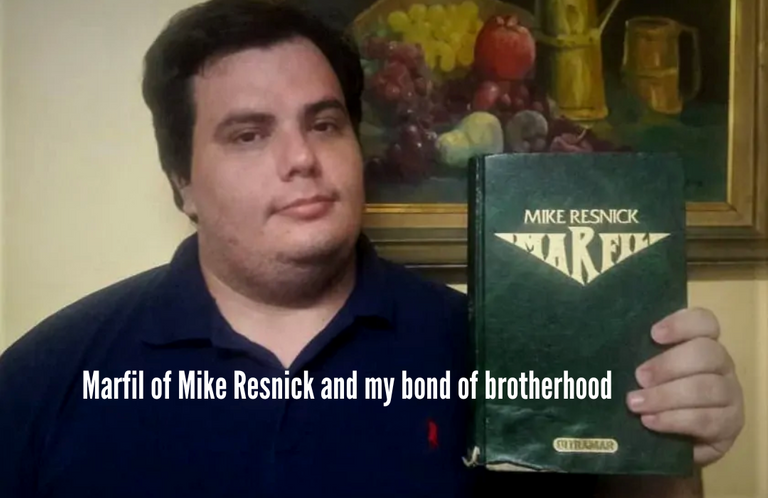
Made by me in Canva, based on a photo.
I related the Marfil heavily with the concept of brotherhood and my old brother, as the book revolves a lot around the Masai, a fictional tribe with a "bond of brotherhood" in the form of a blood ritual, this happens as the main character Duncan struggles with his self Identity and connection with the life.
The Masai of the book, even if they are heavily inspired by the real-life Massai or the Masái tribes, are lacking in depth and development, as the book mostly focuses on the relationship that is born of the interactions of Duncan and Bukoba Mandaka, as they start to bond is one of a kind brotherhood, one that was born of finding the Marfil's of the story and ending the Masai curse.
This being a book that was lent to me by my oldest brother made it quite emotional as he saw me reacting during the days it took me to read it, he even taught me to play the game that pops up in the book, poker, in a curious way to bond and play with me. This happens because my oldest brother and I have almost a decade of separation in age, making any kind of conversation between us feel either too old for me or too childish for him, so it was great for me to be able to find some kind of connection between us.
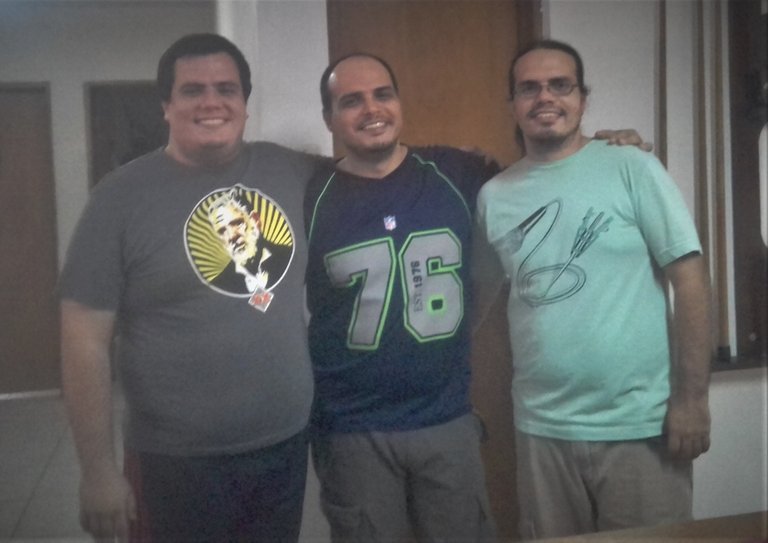
Eventually, Duncan and Bukoba's bond becomes one of responsibility and sacrifice, like with any brotherhood, the oldest inherits its responsibilities to the younger, he sacrifices his way of living and resources, so Duncan finds the elephant tusks and brings them back to the rightful place, completing the main plot, yet this story is so different from most sci-fi books that I would have to say that it is not about story what this book revolves around, but about what makes you relate to it, something that is highly unusual on sci-fi as a gender.
It is not about Duncan finding the elephant's tusk and ending the Masai curse, it is about how it makes you feel in each of the chapters, as these chapters are different records, stories, and places where this tusk has been for several centuries.
These "episodes" of the story are filled with the bring of humanity, corruption, theft, evil, and a bunch of Masai doing their best to recover and end the bloody curse, yet each of them fails and keeps them to get riches or power that would come with it.
These would provide the status of sacred relics to these tusks that the writer would want you to believe, but I digress, in my eyes, the tusk is nothing more than teeth, animal teeth, and the only reason they end up being special is the faith of the Masai over them.
Faith is a powerful tool my friends, and if used properly, it can convince or propel people toward power and riches, being certain of your success can make you reckless enough to achieve results that would not happen if it was the other way around, that is the real power behind the Marfil of the book for the character presented in each chapter, It gives faith to the owner about how untouchable they are yet that also attract others to take the Marfil away from them, making the tusk a literal curse to own.
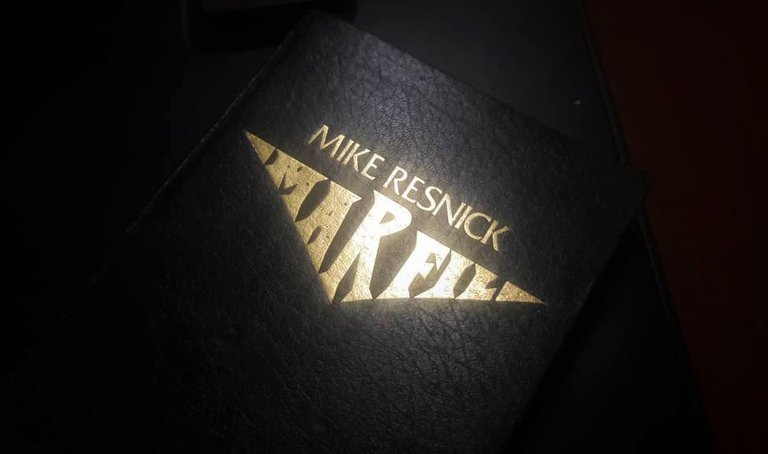
Curses and Brotherhood, this weird mix of symbolism and human nature, is what makes this book works, mostly because one way or another they can be connected, family and connection to a land or culture can become a curse at times, especially in countries where only bad things happen.
For my brother, Venezuela has become a stain to the point that it still bothers him in everyday life once he immigrated to a faraway land... This results in him being less talkative with me and with all the life he left behind in this land, sadly that is how far curses work (In this case, the curse of immigration), people end up feeling alienated from both the place they were born from and the place they live in.
This is particularly why I hold this book so dearly, as it is one of the few things he gifted to me when he came back to the country for a few days a couple of years ago, he signed it and everything, so I could remember him each time I saw the book.
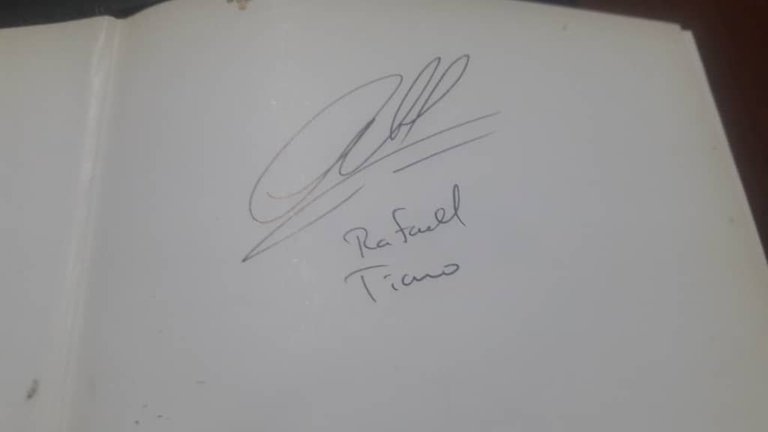
Time has gone and come, and this book has seen better days, the paper inside it hasn't been damaged as much as it could but the strong cover it had is nearing its end one way or another, meaning that someday, in a few decades, the book will break apart...
Like all bonds in humanity, nothing is supposed to be endless, yet we still have undying love and memories for those that are gone, and yes I still have my brother one WhatsApp call away, and I still have the book, so I could get in touch with him any moment we agree to, and I hope to see him soon.
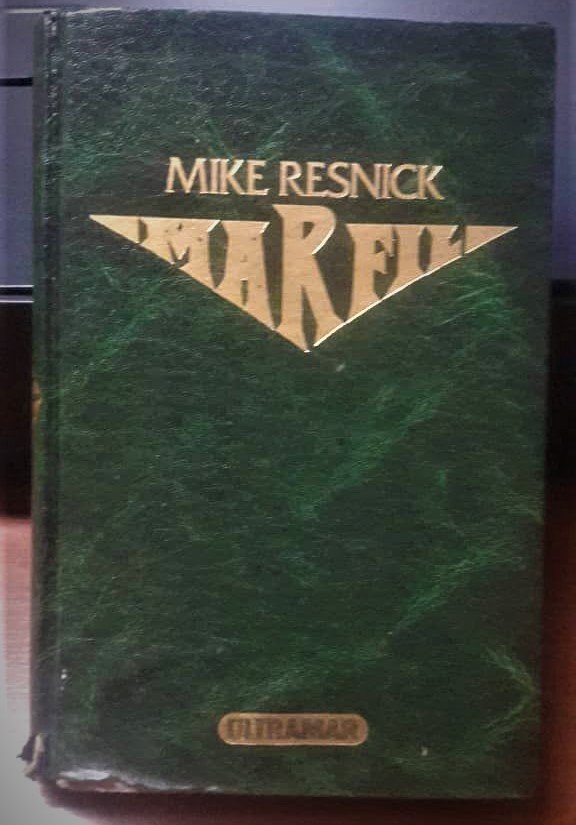
About the book, Mike Resnick's works are often those of the gender of Sci-Fi, as he is a known writer in that area, and they usually go to the common places of this theme, being social critique through possible futures like with Seven Views of Olduvai Gorge, and surrounding situations that would happen with these possibilities.
Yet with Marfil, he did a rather unusual work, this book mostly revolves around a stolen culture, a slight critique of those ransacked people of the European museums and how they took culturally significant items from others, in this case, a couple of tusk from an elephant; the rest of the novel relies heavily on the concept of what it means to be a Masai, and how they identify their own culture with several references and jobs, so one could relate to the character of both Duncan the one being initiated into said culture and Bukoba, the one on the teaching end of said initiation.
Being the one that teaches is something that is often an act of sacrifice and so this book delves deep into that concept as well, I loved how it all related to tribe and culture, how the Masai were supposed to help the elephant and end up being cursed by it until the end of times, and how my brother, a Bukoba of my own taught me about culture and its importance throughout this book.
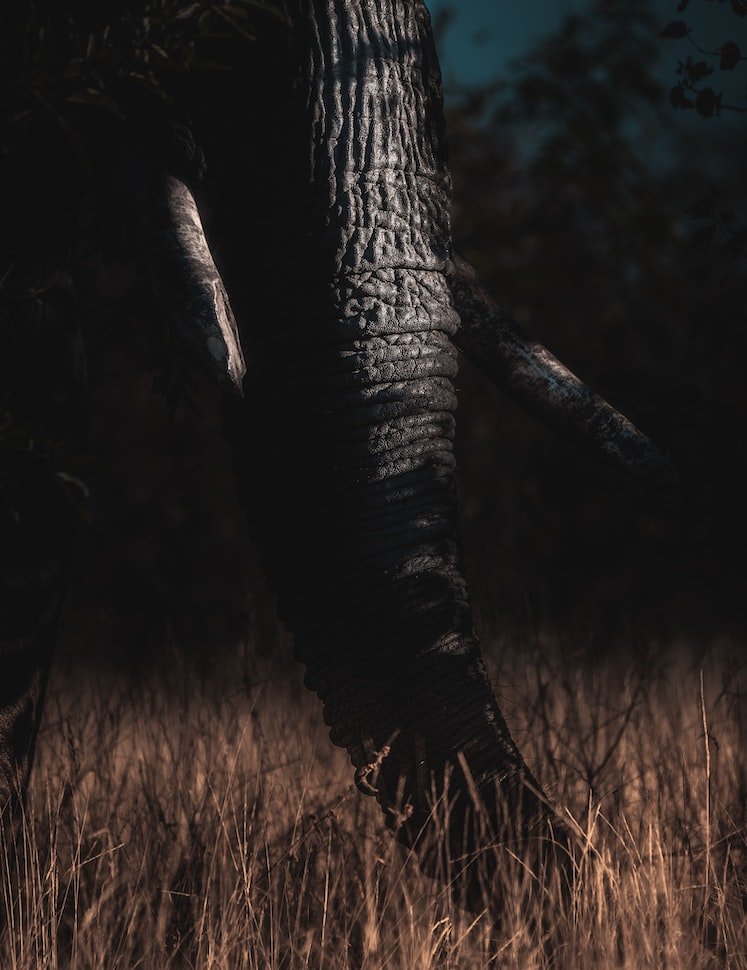
Uploaded by Geran de Klerk in Unsplash.
I know this is not a review of the book as it is more of a personal post or connection than about the book as it is, I even spoil some details of the book for those interested heavily in Sci-Fi about this not being the book for you, but I would still love to recommend it to you guys, so you might find your roots and culture that nurtured you, and hold it as dearly as Duncan at the end of the book.

¡Hola comunidad de Hive Book Club!
La gente suele recordar los libros por cómo se sintieron al leerlos, sin embargo yo suelo recordarlos por cómo se relacionan con las personas que me rodean, en el caso de Marfil, sería mi hermano mayor, así que si tuviera que hablar de Marfil (1988) de Mike Resnick, hablaría del sentimiento de hermandad que me despierta, ya que este libro tiene un significado especial para mí.
Este libro fue comprado por mi hermano mayor cuando yo era sólo un niño de 10 años, y después de que él lo leyera y lo aprobara, se me permitió leerlo, él me guió ya que era sólo mi segunda lectura de Ciencia Ficción, y este libro difícilmente sería llamado una lectura de Ciencia Ficción, yo lo definiría más bien como arqueológico futurista en el mejor de los casos, así que vamos a sumergirnos en nuestra búsqueda arqueológica de la hermandad y la conexión en forma de un par de colmillos de Marfil.
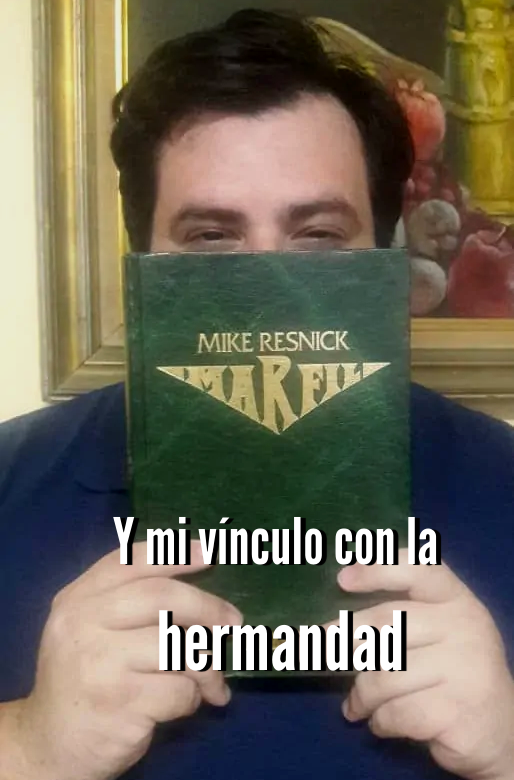
Hecho por mi en Canva a partir de una foto.
Relacioné mucho el Marfil con el concepto de hermandad y mi viejo hermano, ya que el libro gira mucho en torno a los Masái, una tribu ficticia con un "lazo de hermandad" en forma de ritual de sangre, esto sucede mientras el protagonista Duncan lucha con su identidad propia y su conexión con la vida.
Los Masai del libro, incluso si están fuertemente inspirados en la vida real de las tribus Massai o Masái, carecen de profundidad y desarrollo, ya que el libro se centra principalmente en la relación que nace de las interacciones de Duncan y Bukoba Mandaka, a medida que comienzan a vincularse es una hermandad única, una que nació de encontrar a los Marfil de la historia y acabar con la maldición Masai.
Al ser un libro que me prestó mi hermano mayor me emocionó bastante ya que me vio reaccionar durante los días que tardé en leerlo, incluso me enseñó a jugar al juego que aparece en el libro, el póker, de forma curiosa para estrechar lazos y jugar conmigo. Esto sucede porque mi hermano mayor y yo tenemos casi una década de separación en edad, lo que hace que cualquier tipo de conversación entre nosotros se sienta o demasiado vieja para mí o demasiado infantil para él, por lo que fue genial para mí poder encontrar algún tipo de conexión entre nosotros.

Con el tiempo, el vínculo de Duncan y Bukoba se convierte en uno de responsabilidad y sacrificio, como en cualquier hermandad, el mayor hereda sus responsabilidades al menor, sacrifica su forma de vida y sus recursos, para que Duncan encuentre los colmillos de elefante y los devuelva al lugar que le corresponde, completando la trama principal, sin embargo esta historia es tan diferente de la mayoría de libros de ciencia ficción que tendría que decir que no es sobre la historia sobre lo que gira este libro, sino sobre lo que te hace relacionarte con él, algo que es muy inusual en la ciencia ficción como género.
No se trata de que Duncan encuentre el colmillo del elefante y acabe con la maldición Masai, se trata de cómo te hace sentir en cada uno de los capítulos, ya que estos capítulos son diferentes registros, historias y lugares donde ha estado este colmillo durante varios siglos.
Estos "episodios" de la historia están llenos de la traída de la humanidad, la corrupción, el robo, el mal, y un montón de Masai haciendo todo lo posible para recuperar y poner fin a la sangrienta maldición, sin embargo, cada uno de ellos fracasa y los mantiene para obtener riquezas o el poder que vendría con ella.
Estos darían el estatus de reliquias sagradas a estos colmillos que el escritor querría hacer creer, pero divago, a mis ojos, el colmillo no es más que dientes, dientes de animal, y la única razón por la que acaban siendo especiales es la fe de los Masai sobre ellos.
La fe es una herramienta poderosa amigos míos, y si se utiliza correctamente, puede convencer o impulsar a la gente hacia el poder y la riqueza, estar seguro de tu éxito puede hacerte lo suficientemente imprudente como para lograr resultados que no sucederían si fuera al revés, ese es el verdadero poder detrás del Marfil del libro para el personaje presentado en cada capítulo, le da fe al dueño sobre lo intocable que es, sin embargo, eso también atrae a otros a quitarle el Marfil, haciendo del colmillo una maldición literal para poseer.
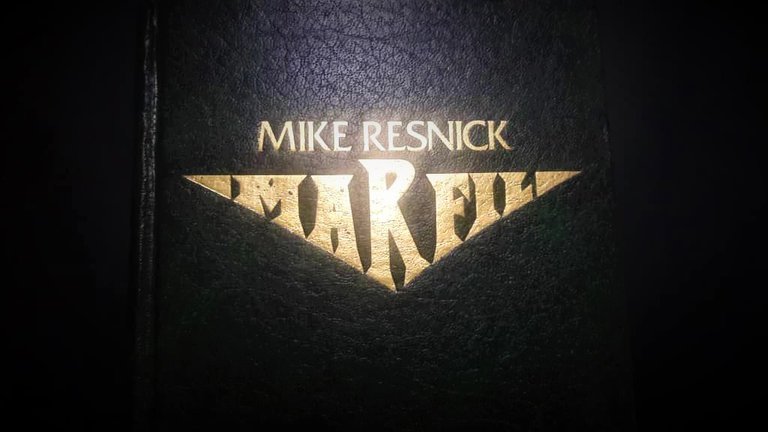
Maldiciones y hermandad, esta extraña mezcla de simbolismo y naturaleza humana, es lo que hace que este libro funcione, sobre todo porque de una manera u otra pueden estar conectados, la familia y la conexión con una tierra o cultura puede convertirse en una maldición a veces, especialmente en países donde sólo pasan cosas malas.
Para mi hermano, Venezuela se ha convertido en una mancha hasta el punto de que todavía le molesta en la vida cotidiana una vez que emigró a una tierra lejana... Esto hace que sea menos hablador conmigo y con toda la vida que dejó atrás en esta tierra, tristemente así es como funcionan las maldiciones (En este caso, la maldición de la inmigración), las personas terminan sintiéndose ajenas tanto al lugar donde nacieron como al lugar donde viven.
Precisamente por eso guardo este libro con tanto cariño, ya que es una de las pocas cosas que me regaló cuando volvió al país por unos días hace un par de años, me lo firmó y todo, para que me acordara de él cada vez que viera el libro.
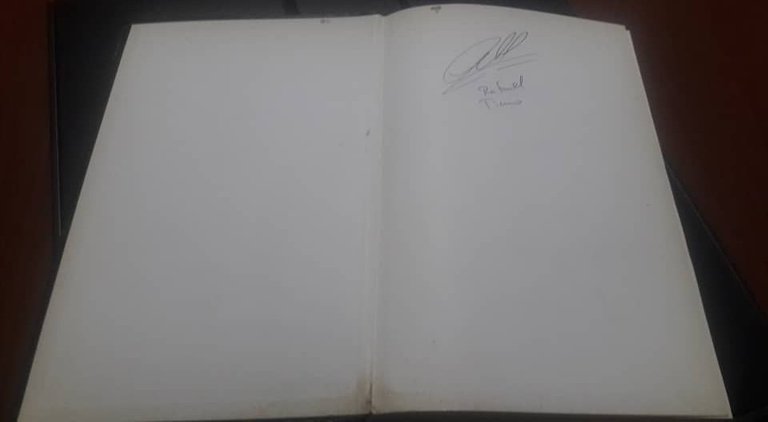
El tiempo ha ido y venido, y este libro ha visto días mejores, el papel de su interior no se ha dañado tanto como podría pero la fuerte cubierta que tenía se acerca a su fin de una forma u otra, lo que significa que algún día, en unas décadas, el libro se romperá...
Como todos los lazos en la humanidad, se supone que nada es interminable, sin embargo, todavía tenemos amor eterno y recuerdos para los que se han ido, y sí, todavía tengo a mi hermano a una llamada de WhatsApp de distancia, y todavía tengo el libro, por lo que podría ponerme en contacto con él en cualquier momento que acordemos, y espero verlo pronto.
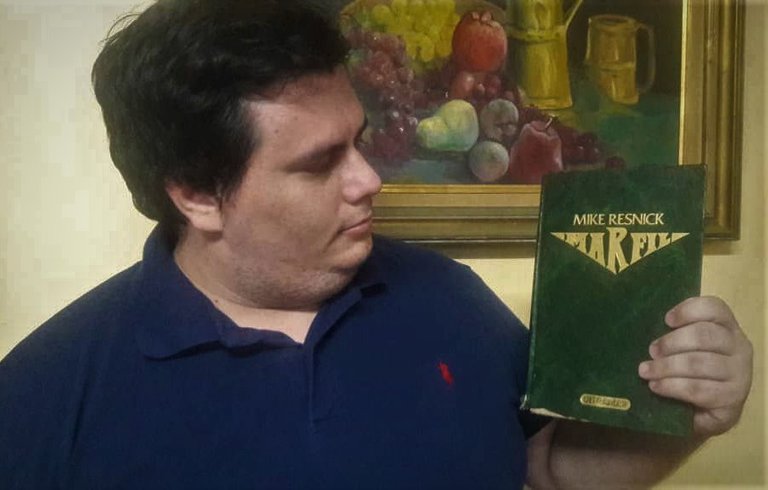
Sobre el libro, las obras de Mike Resnick suelen ser las del género de Ciencia Ficción, ya que es un escritor conocido en esa área, y suelen ir a los lugares comunes de esta temática, siendo la crítica social a través de futuros posibles como con , y situaciones circundantes que sucederían con estas posibilidades.
Sin embargo, con Marfil, hizo un trabajo bastante inusual, este libro gira principalmente en torno a una cultura robada, una ligera crítica a esos saqueadores de los museos europeos y cómo se llevaron objetos culturalmente significativos de otros, en este caso, un par de colmillos de un elefante; el resto de la novela se basa en gran medida en el concepto de lo que significa ser un Masai, y cómo identifican su propia cultura con varias referencias y trabajos, por lo que uno podría relacionarse tanto con el personaje de Duncan, el que está siendo iniciado en dicha cultura, como con Bukoba, el que está en el lado de la enseñanza de dicha iniciación.
Ser el que enseña es algo que a menudo es un acto de sacrificio y por eso este libro profundiza en ese concepto también, me encantó cómo todo se relacionaba con la tribu, la cultura, cómo los Masai debían ayudar al elefante y terminan siendo maldecidos por él hasta el fin de los tiempos, y sobre todo, cómo mi hermano, un Bukoba para mi, me enseñó sobre la cultura y su importancia a lo largo de este libro.

Sé que esto no es una reseña del libro, ya que es más un post personal o una conexión que sobre el libro en sí, incluso estropeo algunos detalles del libro para aquellos muy interesados en la Ciencia Ficción sobre que este no es el libro para vosotros, pero aún así me encantaría recomendároslo, para que podáis encontrar vuestras raíces y la cultura que os nutrió, y la tengáis tan en cuenta como Duncan al final del libro.
Fuente del separador entre idiomas, hecho en Canva en base de la foto usada en la seccion de Español para referenciar el libro.


